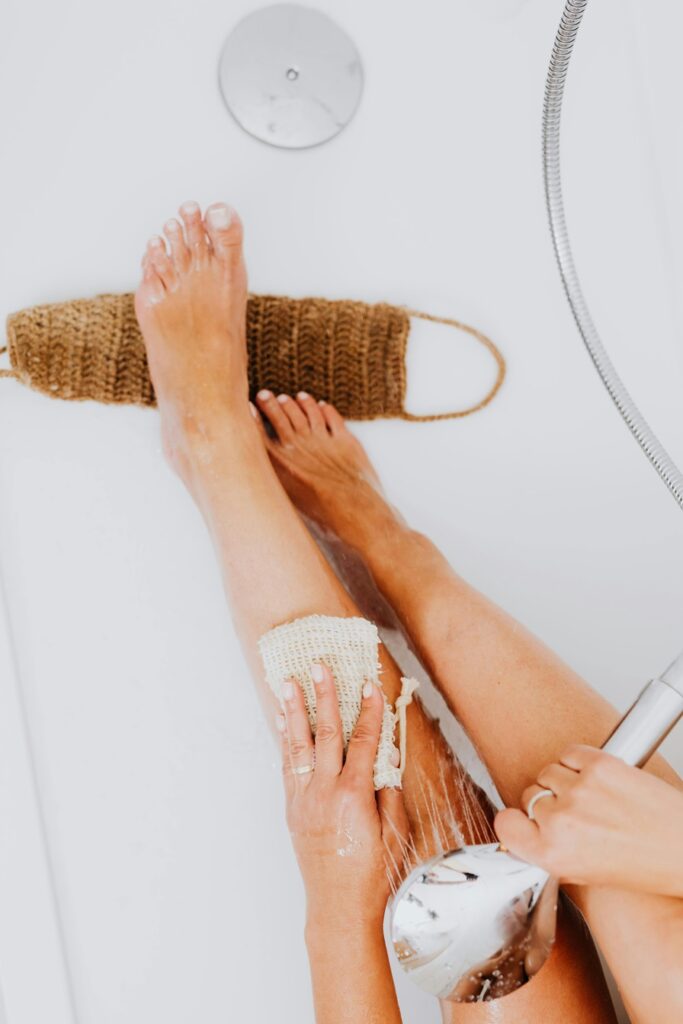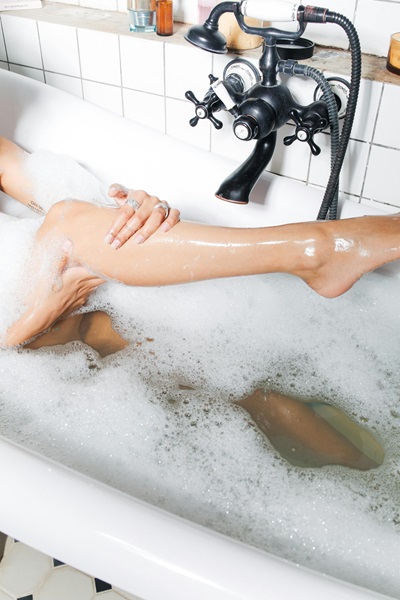
Female and Male Private Part Hygiene
A Comprehensive Guide
Maintaining proper hygiene of the genital area is crucial for overall health and well-being. Both males and females need to pay attention to their intimate hygiene to prevent infections, discomfort, and other health issues. In this comprehensive guide, we will delve into the importance of genital hygiene for both genders, discussing best practices, common misconceptions, and tips for maintaining optimal cleanliness.

Female Genital Hygiene
The female genital area, often referred to as the vulva, requires careful attention to maintain cleanliness and prevent infections. Here are some essential tips for female genital hygiene:
Gentle Cleansing: Use mild, unscented soap and warm water to clean the outer genital area. Avoid harsh soaps or scented products, as they can disrupt the natural pH balance and cause irritation.
Proper Wiping Technique: Always wipe from front to back after using the toilet to prevent bacteria from the anus entering the vagina, which can lead to urinary tract infections (UTIs) and other infections.

Wear Breathable Underwear: Choose cotton underwear over synthetic materials to allow for better air circulation and reduce moisture build up, which can promote bacterial growth.
Change Tampons and Pads Regularly: To prevent bacterial overgrowth and odour, change tampons and pads frequently during menstruation, typically every 4-6 hours.
Avoid Douching: Douching disrupts the natural balance of vaginal flora and can increase the risk of infections. The vagina is self-cleaning, and regular bathing is sufficient for maintaining cleanliness.
Intimate Wash: Specialized intimate washes are designed to cleanse the vaginal area without causing dryness or irritation. Look for pH-balanced formulas with natural ingredients to support vaginal health.
Practice Safe Sex: Use condoms to reduce the risk of sexually transmitted infections (STIs) and always practice good hygiene before and after sexual activity.
Bidet Attachment: A bidet attachment for the toilet provides a gentle stream of water for cleansing after using the restroom, promoting thorough hygiene without the need for excessive wiping.
Male Genital Hygiene

Proper hygiene of the male genital area is essential for preventing infections, odours, and discomfort. Here are some tips for maintaining male genital hygiene:
Regular Cleansing: Wash the penis and surrounding area with mild soap and warm water regularly, paying attention to the folds and creases where sweat and bacteria can accumulate.
Dry Thoroughly: After washing, make sure to dry the genital area thoroughly, as moisture can create an environment conducive to bacterial growth and fungal infections.
Practice Safe Sex: Use condoms during sexual activity to reduce the risk of STIs and maintain good hygiene before and after intercourse.
Trim Pubic Hair: Keeping pubic hair trimmed can help reduce moisture and prevent the build-up of sweat and bacteria. However, be careful when grooming to avoid cuts or irritation.

Change Underwear Daily: Wear clean underwear every day and choose breathable fabrics like cotton to prevent moisture build-up and odour.
Electric Trimmer: For those who prefer to trim pubic hair, an electric trimmer with adjustable settings can provide a convenient and safe way to keep the area neat and tidy without the risk of cuts or irritation.
Absorbent Powder: An absorbent powder, such as talcum powder or cornstarch-based powders, can help absorb excess moisture and reduce friction in the genital area, preventing chafing and discomfort.
Listen to your body and seek medical attention if you experience any unusual symptoms such as itching, burning, redness, or discharge.
Common Misconceptions
There are several misconceptions surrounding genital hygiene that can lead to improper care or unnecessary discomfort. Let’s address some of these misconceptions:

More Cleaning Equals Better Hygiene: While it’s important to keep the genital area clean, excessive washing or the use of harsh soaps can disrupt the natural balance of bacteria and pH levels, leading to irritation and infections.
Scented Products Are Safe: Many scented soaps, body washes, and feminine hygiene products contain chemicals and fragrances that can irritate the delicate skin of the genital area. It’s best to avoid these products and opt for unscented, gentle cleansers instead.
Douching Is Necessary: Douching is not only unnecessary but can also be harmful. The vagina is self-cleaning, and douching can disrupt the natural balance of bacteria, leading to infections and other health issues.
Tight Clothing Improves Hygiene: While tight clothing may seem like it keeps everything in place, it can actually trap moisture and heat, creating an ideal environment for bacterial growth. Opt for loose-fitting, breathable clothing to promote air circulation and reduce the risk of infections.
Conclusion
Proper hygiene of the genital area is essential for both males and females to prevent infections, discomfort, and other health issues. By following the tips outlined in this guide, individuals can maintain optimal cleanliness and promote overall health and well-being. Remember to be gentle with cleansing, avoid harsh products, and practice safe sex to keep your intimate areas healthy and happy.
Disclaimer
The following article is only for general information purpose not a medical advise .
